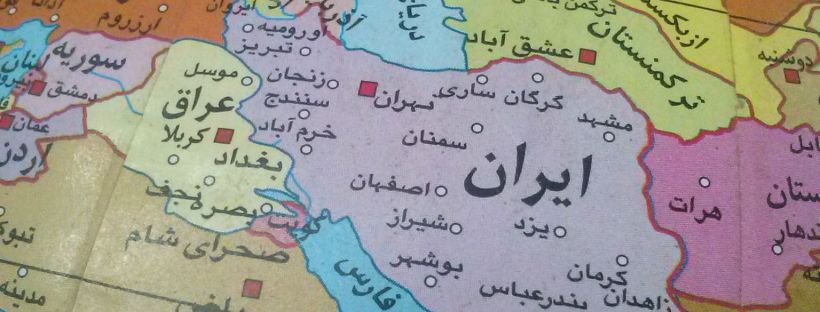In this pantagruelic interview, POP discusses with Luke March about left-wing populist actors across Europe, the US and Latin America, the legacy of the Communist past, and the evolution of different families of left parties. We also talk about the Great Recession, the migrants crisis, Brexit, neo-liberalism, and the possible directions for the Left.
 Luke March is Professor of Post-Soviet and Comparative Politics at Politics and International Relations, University of Edinburgh, and Deputy Director of the Princess Dashkova Russian Centre, also the University of Edinburgh. His main research interests include the politics of the European (radical) Left, Russian domestic and foreign politics, nationalism, populism, radicalism and extremism in Europe and the former Soviet Union. He has published in a range of journals including Party Politics, Comparative European Politics, Europe-Asia Studies and East European Politics. His books include The Communist Party in Post-Soviet Russia (Manchester University Press, 2002), Russia and Islam: State, Society and Radicalism (edited with Roland Dannreuther, Routledge, 2010), Radical Left Parties in Europe (Routledge, 2011) and Europe’s Radical Left. From Marginality to the Mainstream? (edited with Daniel Keith, Rowman and Littlefield 2016).
Luke March is Professor of Post-Soviet and Comparative Politics at Politics and International Relations, University of Edinburgh, and Deputy Director of the Princess Dashkova Russian Centre, also the University of Edinburgh. His main research interests include the politics of the European (radical) Left, Russian domestic and foreign politics, nationalism, populism, radicalism and extremism in Europe and the former Soviet Union. He has published in a range of journals including Party Politics, Comparative European Politics, Europe-Asia Studies and East European Politics. His books include The Communist Party in Post-Soviet Russia (Manchester University Press, 2002), Russia and Islam: State, Society and Radicalism (edited with Roland Dannreuther, Routledge, 2010), Radical Left Parties in Europe (Routledge, 2011) and Europe’s Radical Left. From Marginality to the Mainstream? (edited with Daniel Keith, Rowman and Littlefield 2016).
Enjoy the read.
Continue reading →



 Luke March
Luke March







